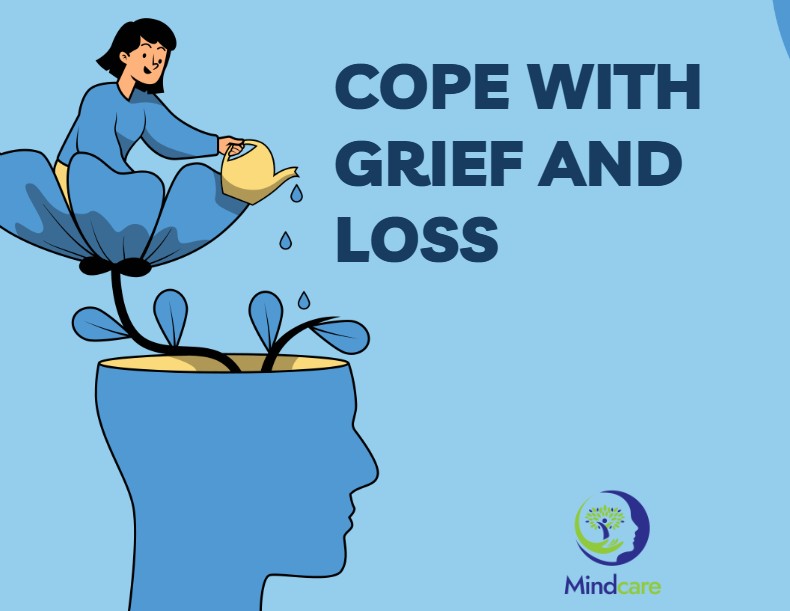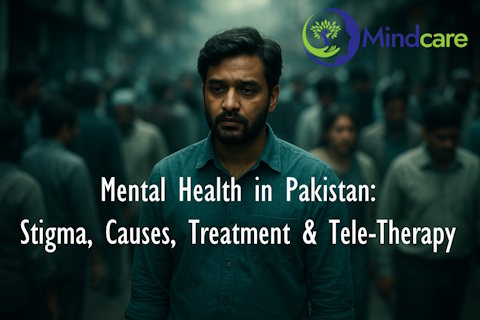How to Cope with Grief and Loss: Practical Strategies for Healing
Understanding grief and loss
Grief is a natural response to losing someone or something important to us. It may arise after the death of a loved one, the end of a relationship, loss of health, or other major life changes. According to the American Psychological Association, grief can affect our emotions, thoughts, and physical health. While everyone experiences it differently, recognizing common patterns can help normalize the healing process.
Common emotional and physical responses
Grief often brings a wide range of emotions. Some common responses include:
- Sadness and longing: Feeling deep sorrow and wishing for things to be different.
- Anger or frustration: Sometimes directed at oneself, others, or even the situation.
- Guilt: Wondering what could have been done differently.
- Physical symptoms: Fatigue, headaches, sleep issues, or appetite changes are not unusual during grief.
Healthy ways to cope with grief
Although grief cannot be “fixed” overnight, there are steps you can take to support your healing:
- Allow yourself to feel: Give yourself permission to experience emotions without judgment.
- Lean on support: Talking to trusted friends, family, or a support group can ease isolation.
- Take care of your body: Sleep, nutrition, and gentle exercise can stabilize your energy.
- Express your grief: Journaling, art, or rituals like lighting a candle can provide outlets for emotions.
- Seek professional guidance: Therapy can help you process complicated feelings and move forward with compassion.
When to consider professional help
Grief can be overwhelming, but if sadness, numbness, or guilt lasts many months and prevents you from functioning, it may be time to seek professional support. Therapists trained in grief counseling provide a safe space to process loss and develop coping strategies. Learn more about Grief and Loss Therapy at MindCare.
Finding support at MindCare
At MindCare, our therapists understand the unique ways grief shows up in people’s lives. We offer confidential, compassionate sessions designed to help you navigate loss and rebuild a sense of meaning. If you’re ready, you can explore our therapy services or book an appointment.
Conclusion
Grief and loss are deeply personal journeys, but you don’t have to walk through them alone. With time, support, and healthy coping strategies, healing is possible. Reaching out for help is not a sign of weakness — it’s an important step toward finding peace again.





